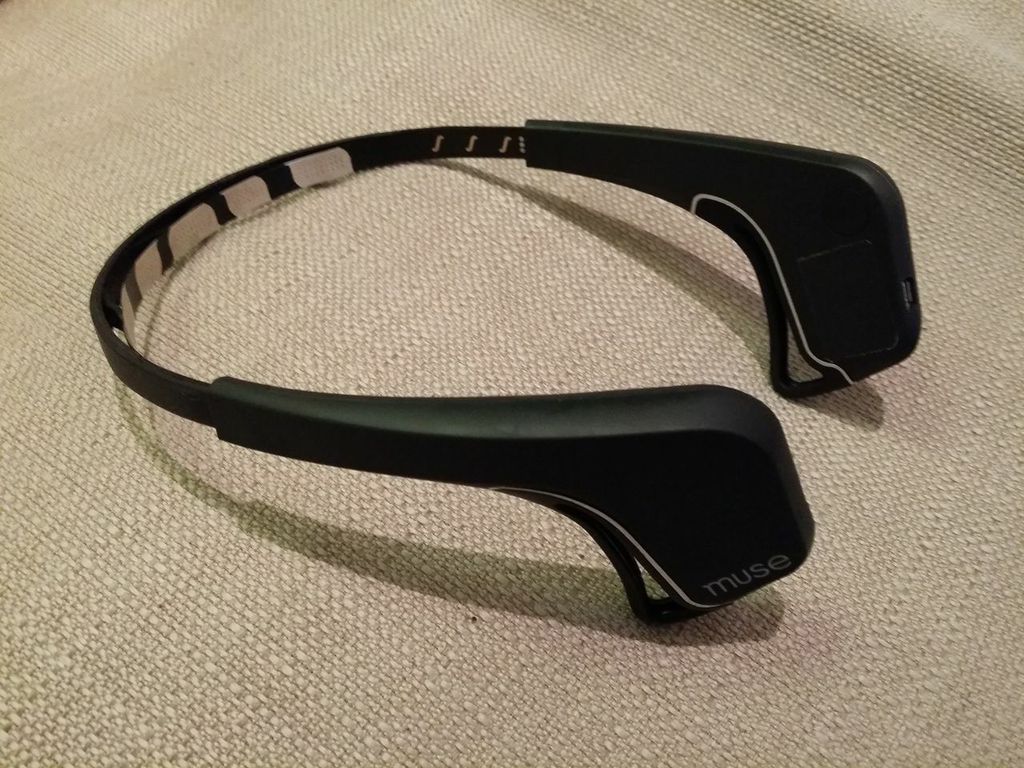
One of the most anticipated wearables of 2014 is Muse, a brain fitness device that teaches your mind to focus and stay calm. The brain-sensing headband is equipped with seven EEG sensors that read your brain activity and, with the help of the companion Calm app, walk you through a series of exercises to improve concentration and reduce stress levels.
The folks over at InteraXon, the company behind Muse, loaned us a headband to use and I took it for a ten-day test drive to see if this wearable would help me chill out. The timing couldn’t have been better as I was going through one of life’s most stressful milestones, moving into a new house, so I was anxious to see if Muse — via my brain — was up to the challenge.
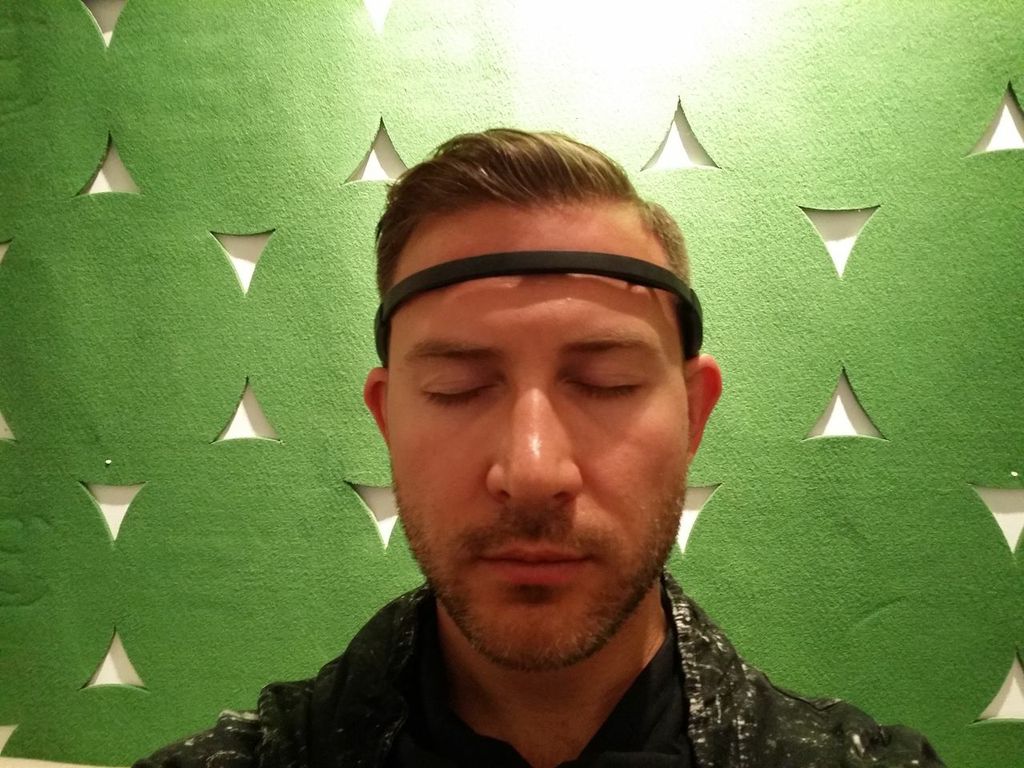
Sitting still and trying to clear your mind can seem pretty impossible to many, including me. One of the biggest challenges is feedback and measurement. When you go to the gym, you gauge success based on weight lost or muscle gained. With the brain, it’s pretty subjective and mostly feeling-based. This can leave you confused as to whether any progress is being made.
Muse takes the guesswork out of mind exercises by providing immediate feedback on your mind state using audio cues, showing your progress over time using easy-to-read charts and graphs. The feedback is what makes Muse so powerful.
Muse tells you when your brain activity is active or calm using the sounds of wind, water and even birds. As you start to hear a more serene setting, no wind, still water and chirping birds, you know your mind has relaxed and in turn these sounds encourage you to continue to remain in that zone.
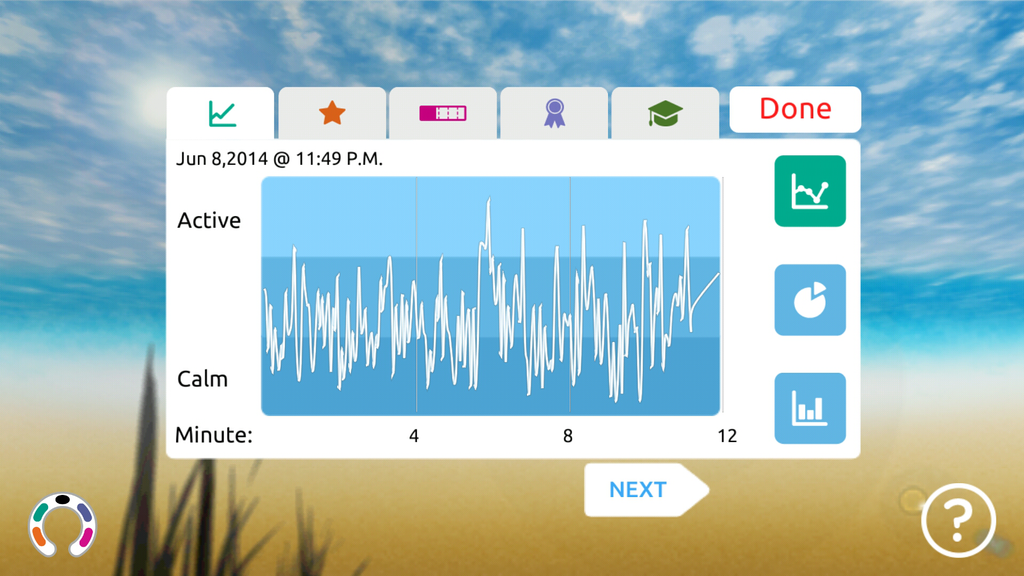
Of course, calm moments can leave just as quickly as they arrive.
I found I would interrupt a calm moment I had just reached by getting overly excited for finally hearing some birds. In a Muse world, hearing birds means you’ve reached a deep level of calm, a goal to strive for. My bird-earning pride would quickly turn the still beach day I had reached into sounds of rolling waves and strong winds, forcing me to start the journey all over again.
If this cycle didn’t happen when I was sabotaging myself, it would often occur when hearing the sound of a notification on my smartphone, which should have been blocked by the Calm app during an active session.
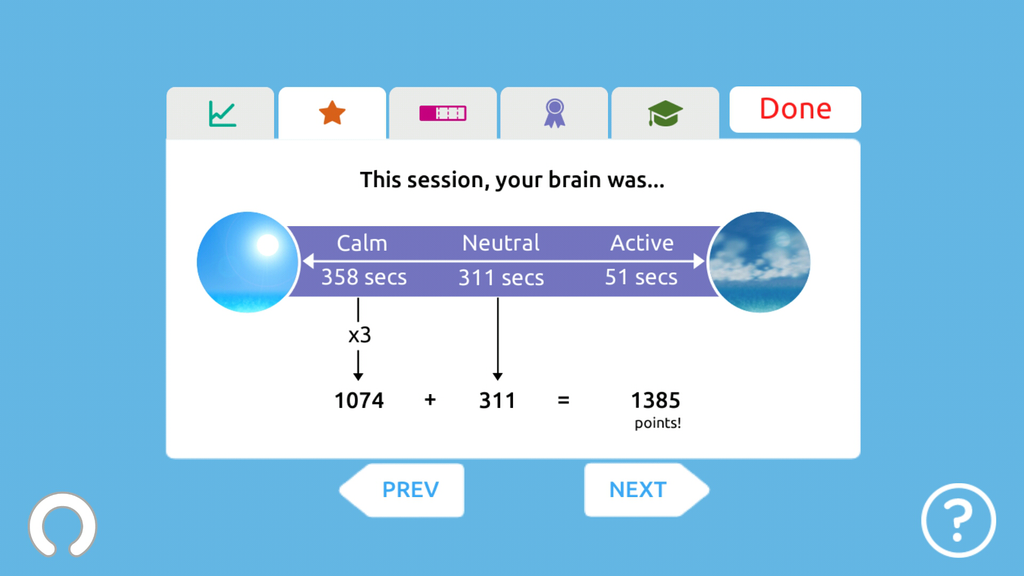
At the end of each session, the Calm app sums up your progress by illustrating your mind activity in a bar, line or pie chart. These charts are great at seeing how your session time is broken up across active, neutral and calm mind states. But I found the most value in the points and milestones which gamified the brain exercises, similar to what Nike, Fitbit and other activity trackers do with steps.
The Muse Calm app initially sets a goal of 5,000 points for you to reach in order to unlock some additional areas within the app such as advanced timeline views or an area to get insights based on usage and performance. Points are earned for the time you spend in each session, with calm time worth three times neutral and active periods, and bonus points given to bonus birds heard.
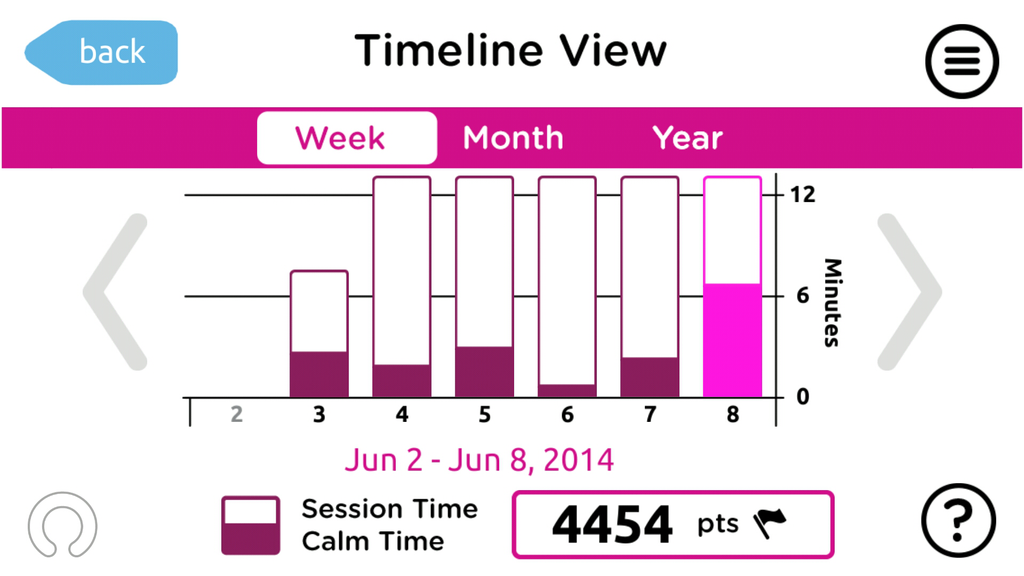
At the end of my ten-day trial, it definitely looked as though Muse was doing the trick. According to my dashboard, I went from achieving 4-8% of my session time in a calm state to around 25-30%. I even had a stellar Muse session where I hit 50% of the time, earning some major bird bonus points and a badge for “Moment of Complete Calm.”
Despite my success, I still can’t tell you how to reach a calm state; I just seemed to happen upon it, which is clearly not the gadget’s intended use case. Muse doesn’t teach you how to calm your mind; it acts as a mirror to tell you when you are there and then helps you maintain it.
Did Muse change my life in the short time I had it? According to the data, it appeared to make a positive dent. But more importantly, I found myself thinking about my calm levels even when the band wasn’t on. I think it’s in this awareness that Muse holds real value.
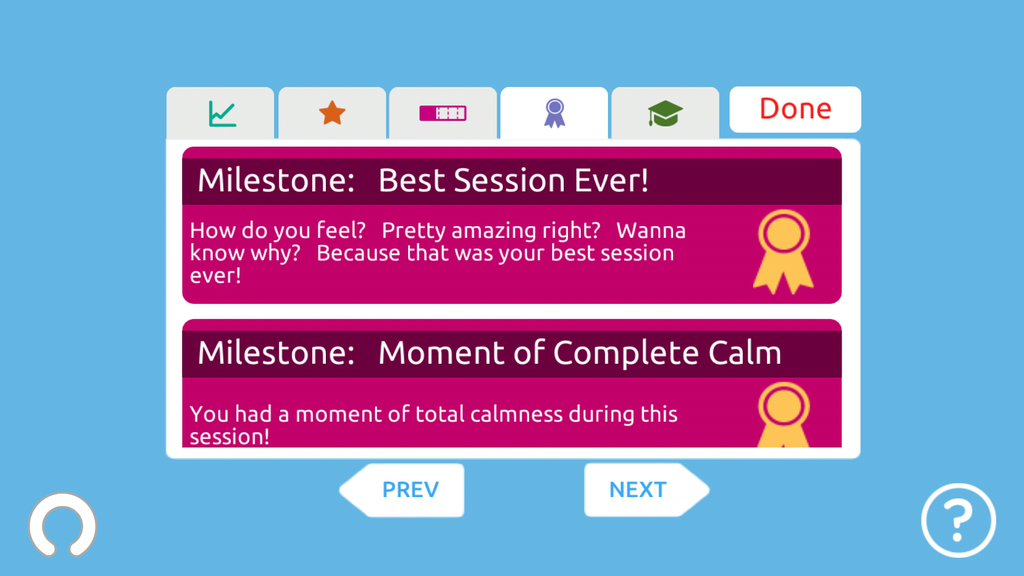
MobileSyrup may earn a commission from purchases made via our links, which helps fund the journalism we provide free on our website. These links do not influence our editorial content. Support us here.


